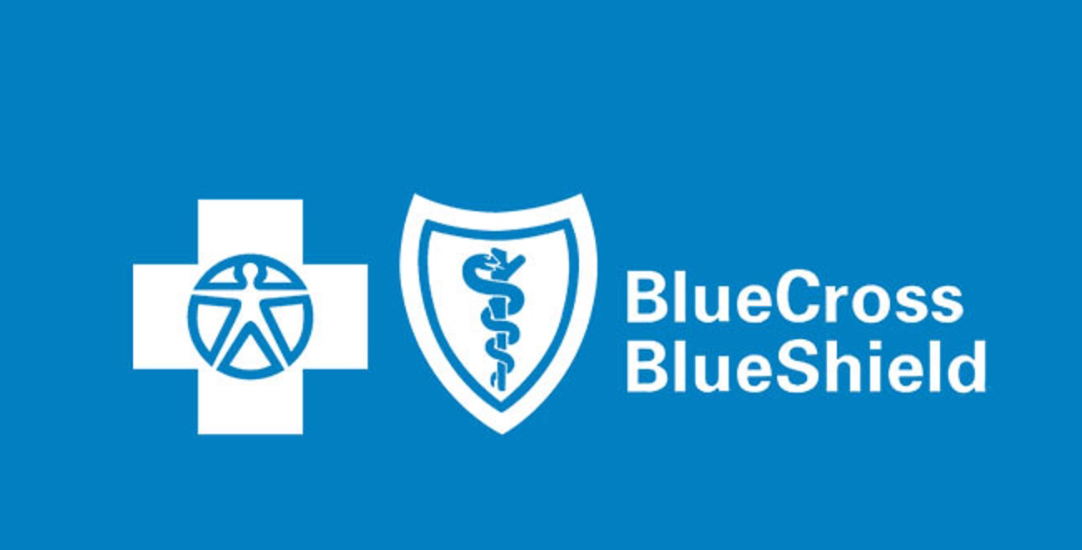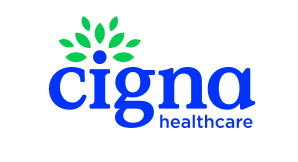This Space Is For You If:
- You’ve lost touch with your sensuality—or never fully owned it
- Experiencing Perinatal Stress
- Experiencing PostPartum Stress and disconnection
- Experiencing Perimenopause Stress
- Experiencing Menopausal Stress
- Experiencing Single Mother Stress
- Experiencing Mom Guilt
- Experiencing Wife Guilt
- Desire to Explore sexuality without shame or fear
- You’re deconstructing religious trauma around your body or desire
- You want to feel whole again after assault, addiction, or betrayal
- You crave pleasure, but your nervous system is stuck in survival
- You’ve learned to perform, but never learned to receive
Sacred Sensual Reclamation for Women
Heal. Reclaim. Rise.
Sensual Empowerment, Trauma Healing & Erotic Identity Work for Women Ready to Come Home to Themselves
You’ve achieved.
You’ve survived.
You’ve held everything together for everyone else.
But when it’s quiet…
There’s still that ache.
That question of, “Is this all?”
That yearning to feel safe, sensual, seen—and fully you.
Whether you’re healing from betrayal, religious shame, sexual trauma, or simply burnout from being the “strong one”

You’re not broken—you’re becoming.
What We Work On Together:
- Trauma Informed healing centered around Sexuality
- Therapeutic Empowremnt
- Releasing purity culture, body shame & inherited silence
- Reconnecting to your womb, voice & sacred boundaries
- Somatic healing & trauma-informed breathwork
- Erotic archetype discovery & identity integration
- Sacred Tantra, sensual awakening, and pleasure rituals
- Healing after love addiction, emotional enmeshment, or toxic dynamics
- Moving from survival sex to sovereign sensuality

Sacred Rebellion & Sensual Reclamation
This is also a space for the woman deconstructing systems—
The ones that told her desire is dangerous.
That her body is a battlefield.
That pleasure is shameful or sinful.
Here, we rewrite those stories.
This space honors the sacred act of:
- Deconstructing patriarchal and religious beliefs that silenced your sensual self
- Healing sexual aversions created by fear, guilt, or control
- Reclaiming your fantasies, kinks, and curiosities without judgment
- Exploring the dance between spirit and sex—where devotion becomes desire
- Finding the divine in your flesh and the holy in your hunger
You don’t have to choose between spiritual and sexual wholeness.
You were always meant to have both!
Whether you’re healing from addiction, shame, or simply disconnection, I offer a sacred, nonjudgmental space for you to reclaim your body, your pleasure, and your truth.
You are the temple. You are the medicine. You are the fire!










